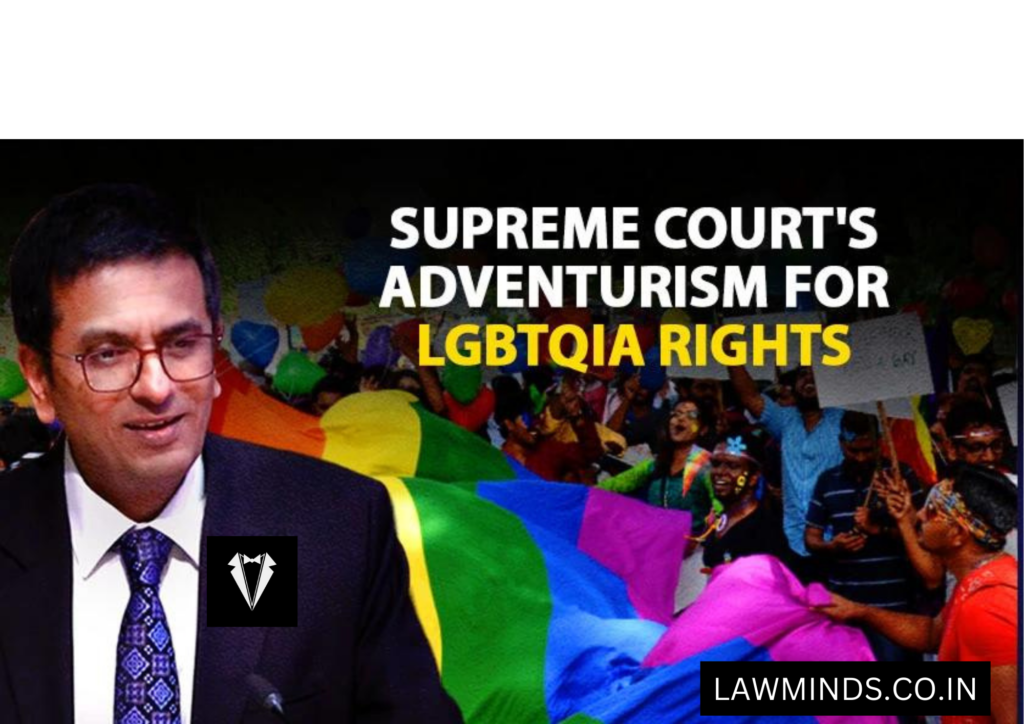
Chief Justice of India D Y Chandrachud, speaking at the conference on ‘India’s Progressive Path in the Administration of Criminal Justice System’, lauded the enactment of the new criminal laws — Bharatiya Nyaya Sanhita, Bharatiya Nagarik Suraksha Sanhita (BNSS), and Bharatiya Sakshya Adhiniyam — as a momentous development, marking a pivotal shift in India’s legal landscape concerning criminal justice.
Chandrachud highlighted the transformative nature of these legislative measures, asserting that they bring essential enhancements to safeguard the interests of victims and to streamline the investigation and prosecution of offences. He particularly emphasized the significance of the Bharatiya Nyaya Sanhita (BNSS), which supersedes the outdated Code of Criminal Procedure, 1973. According to Chandrachud, the BNSS adopts a comprehensive approach to addressing crimes in the digital era. It mandates the audio-visual recording of search and seizures and requires the presence of forensic experts at crime scenes for offences punishable with more than seven years of imprisonment. Chandrachud stressed the importance of audio-visual recording in not only aiding prosecution but also in safeguarding the civil liberties of citizens. He noted that judicial oversight during search and seizures would help protect citizens against procedural irregularities.
Moreover, Chandrachud underscored the significance of having forensic experts present at crime scenes, asserting that their presence would enhance the efficiency of investigative teams.
While acknowledging the progress made with these new laws, Chandrachud also acknowledged the challenges that lie ahead in fully realizing their objectives. He emphasized the necessity of formulating detailed rules governing the use of recording devices, ensuring adherence to principles of natural justice, and delineating the consequences of failing to conduct such recordings.
Chandrachud, a proponent of virtual hearings, expressed satisfaction with Section 532 of the BNSS, which permits the electronic conduct of trials, inquiries, and proceedings under the code. He also stressed the importance of preserving privacy rights while digitizing court proceedings. In the digital age, he noted, the protection of data and sensitive information has become paramount. While acknowledging the efficiency and convenience that data can offer, Chandrachud cautioned against the risks posed by the misuse or unauthorized access to personal data. He emphasized the need for robust systems to safeguard against data breaches and leaks.
Furthermore, Chandrachud emphasized the imperative of infrastructure development to meet the demands of the new laws. While the BNSS sets ambitious timelines for the completion of criminal trials and the pronouncement of judgments, Chandrachud warned that inadequate court infrastructure and resource constraints within the prosecution could undermine the effective implementation of these guarantees. He emphasized the importance of ensuring that courts and prosecution services have the necessary resources and technological capabilities to conduct speedy trials and uphold the rights of victims and the accused.



